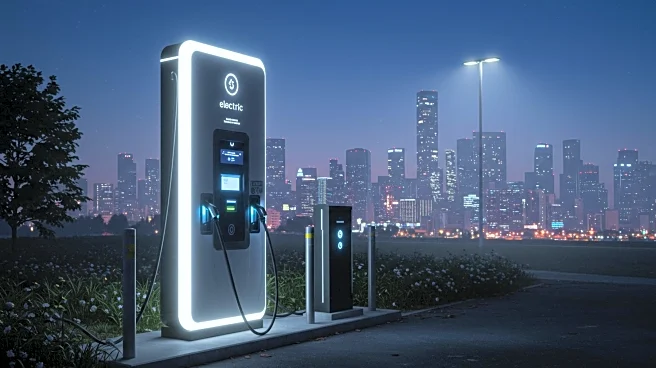What's Happening?
Rivian Automotive Inc. is facing a lawsuit from shareholders alleging that the company overstated demand based on misleading preorder backlog numbers. The lawsuit claims that top executives monitored backlog metrics daily, suggesting intent or reckless disregard. Judge Consuelo B. Marshall of the US District Court for the Central District of California has ruled that Rivian must defend against these allegations. The lawsuit highlights concerns over executive compensation tied to stock value, with CEO Robert J. Scaringe's compensation heavily reliant on stock and options.
Why It's Important?
The lawsuit against Rivian underscores the challenges faced by electric vehicle manufacturers in managing investor expectations and maintaining transparency. Allegations of misleading demand claims can impact investor confidence and affect stock performance. The case highlights the importance of accurate reporting and ethical business practices, as well as the potential consequences of executive compensation structures tied to stock value. Rivian's response to the lawsuit may influence its reputation and future investor relations.
What's Next?
As the lawsuit progresses, Rivian will likely focus on defending its practices and addressing shareholder concerns. The company may review its reporting procedures and executive compensation structures to ensure compliance and transparency. The outcome of the case could have implications for other EV manufacturers, prompting industry-wide discussions on best practices for demand reporting and investor relations.











